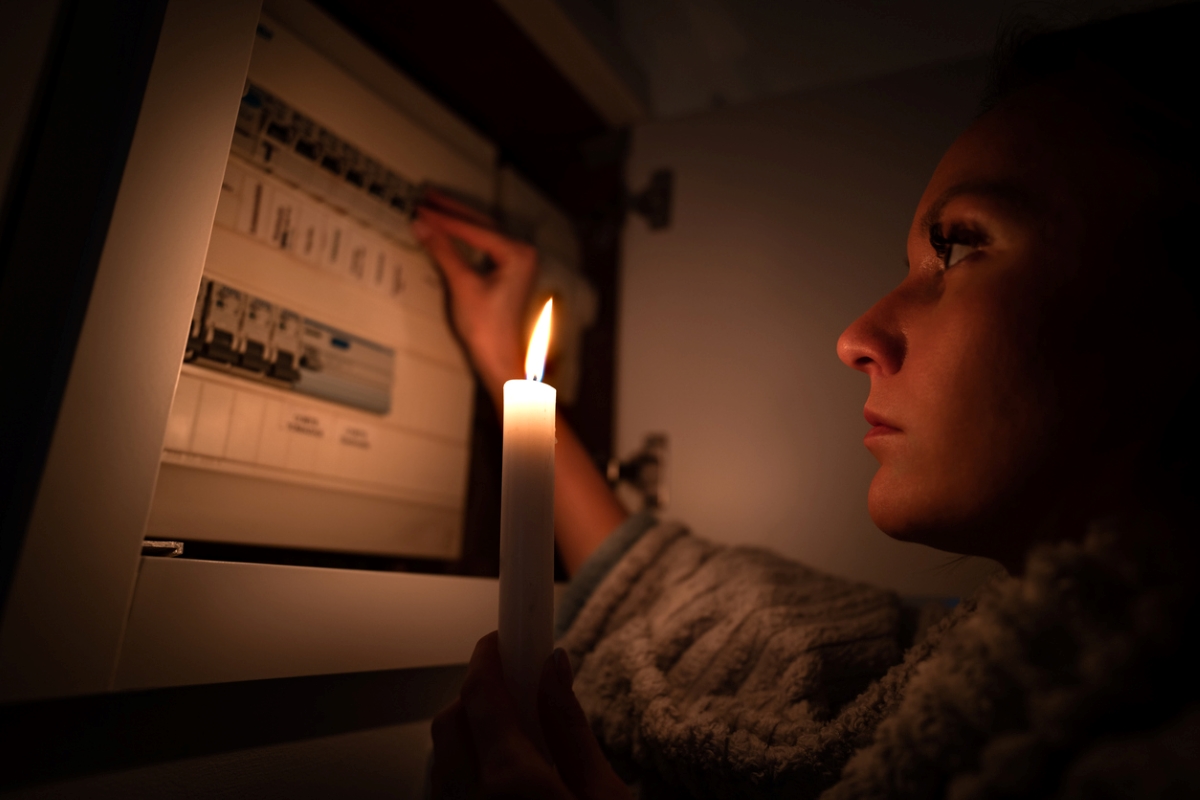

We may earn revenue from the products available on this page and participate in affiliate programs. Learn More ›
Between 2012 and 2022, power outages across the U.S. have increased 64 percent, and they’re continuing to trend upward. This is largely due to the fact that the country’s existing electric system wasn’t designed to endure the changing climate, which has caused an increase in extreme weather events. There’s no better time than now to ensure you’re adequately prepared for the next power outage so you can keep your family safe and comfortable.
1. Assume the Power Is Out for Everyone

Check your circuit breaker to make sure your power outage isn’t just an overloaded circuit. If that’s not the issue, start checking with your neighbors, but keep in mind that since most towns operate on a grid system, you may lose power while the houses across the street still have it. Checking local apps like Nextdoor (or neighborhood groups on Facebook) can help you determine if neighbors on adjacent streets are also experiencing outages.
RELATED: Why Is My Circuit Breaker Tripping? 4 Potential Problems and Solutions
2. Forget to Report the Outage
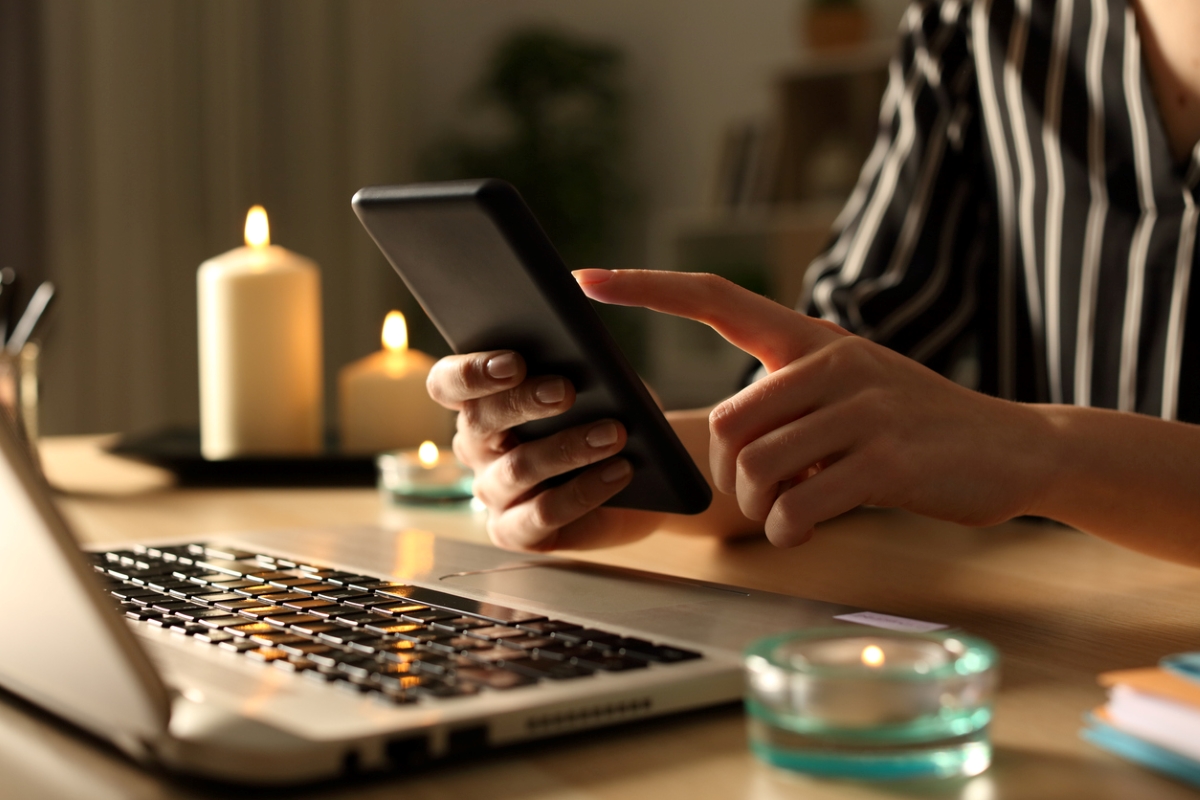
While many utility companies have systems in place that can identify power outages, it’s still a good idea to report an outage to your local electric company. (And the more neighbors who report losing power, the better—outages that affect multiple households will get the electric company’s attention.) The sooner the electric company understands the full scope of the outage, the sooner they can prioritize restoration efforts.
3. Rely on Candles for Lighting
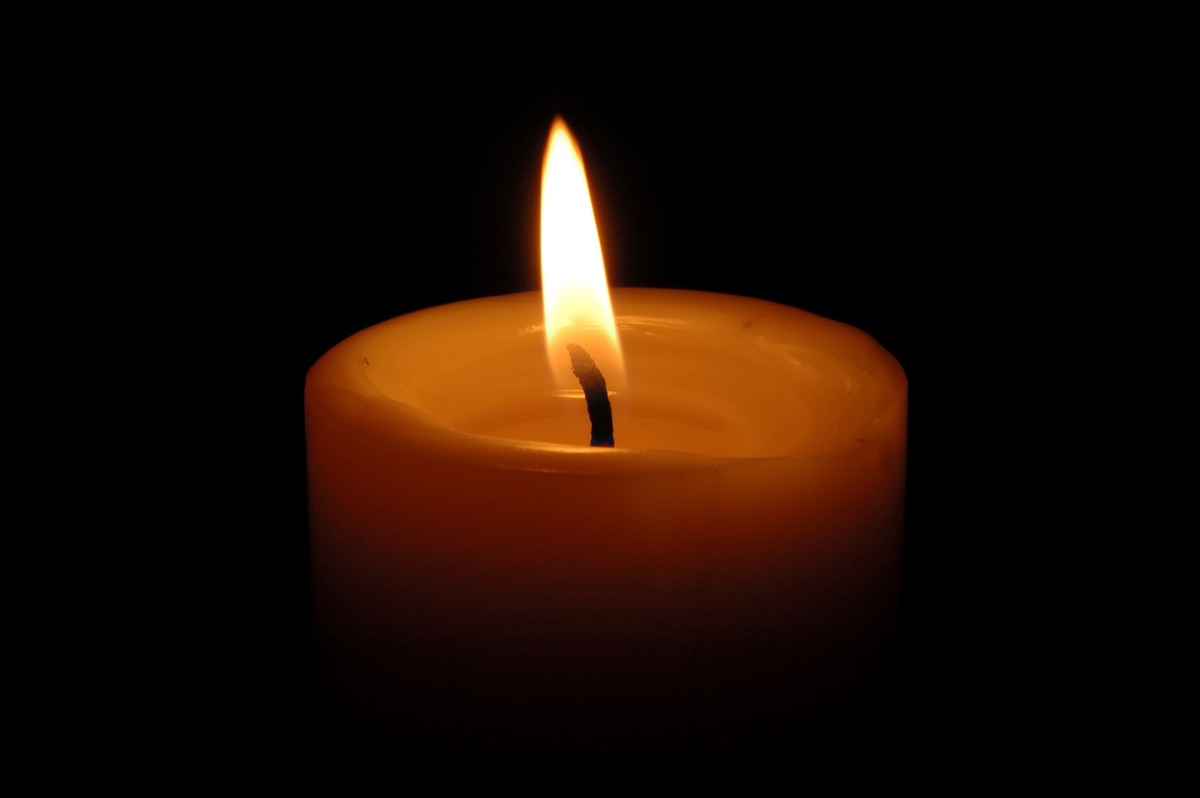
While lighting candles is a time-tested solution to the “no lights” problem, it isn’t your safest option. Kids and pets can knock them down, and some candle holders can become very hot if you leave a candle burning for too long. It goes without saying, of course, that you should never leave a burning candle unattended. Instead of relying on the wax fire hazards, stash flashlights in strategic areas around the house, and check them periodically to make sure the batteries still work.
RELATED: We Tested the Best LED Lanterns, Our Favorite Lasts Up to 12 Hours on One Charge
4. Leave Electronics Plugged In
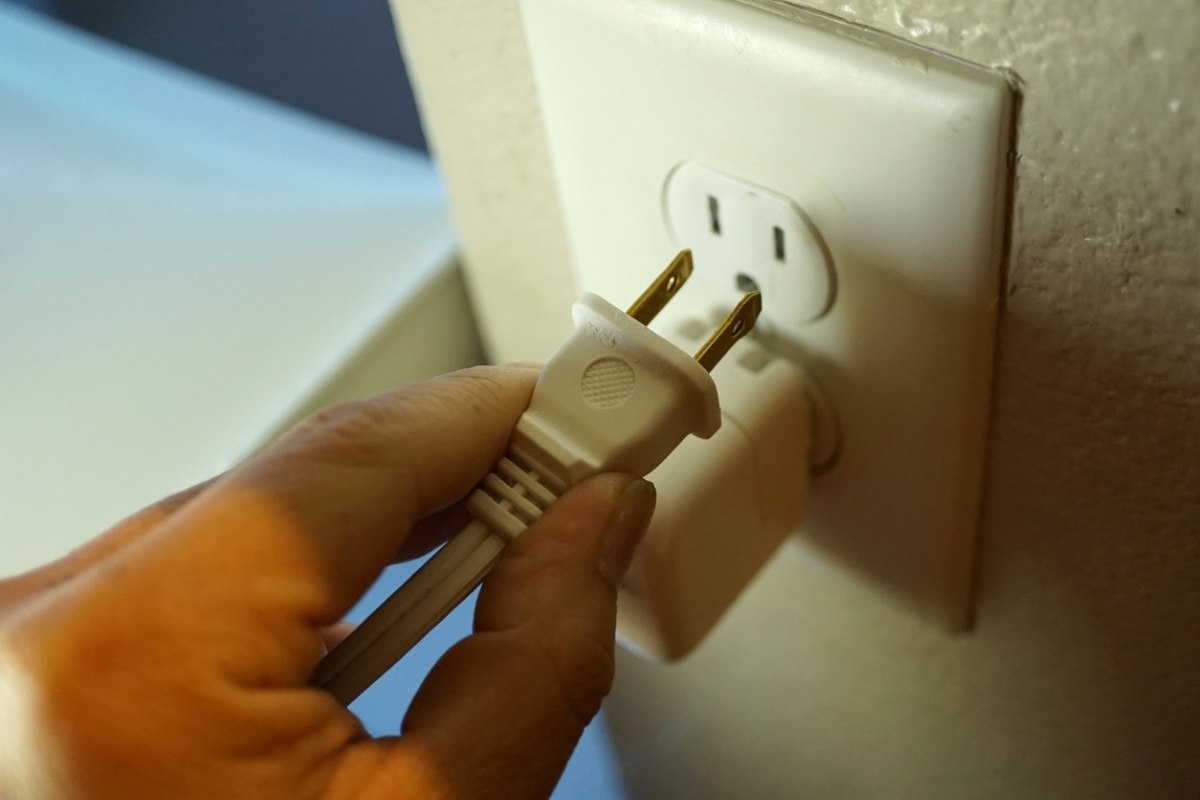
If you leave small appliances plugged in during an outage, you may experience a power surge that will fry them (or overload your house’s circuits) when the power comes back on. One of the first things to do when the power goes out is to go through each room of your home (starting in the kitchen) and unplug televisions, computers, and appliances. You should also turn off smaller items, like lamps and radios.
RELATED: 15 Things You Should Never Plug Into a Power Strip
5. Open the Fridge or Freezer
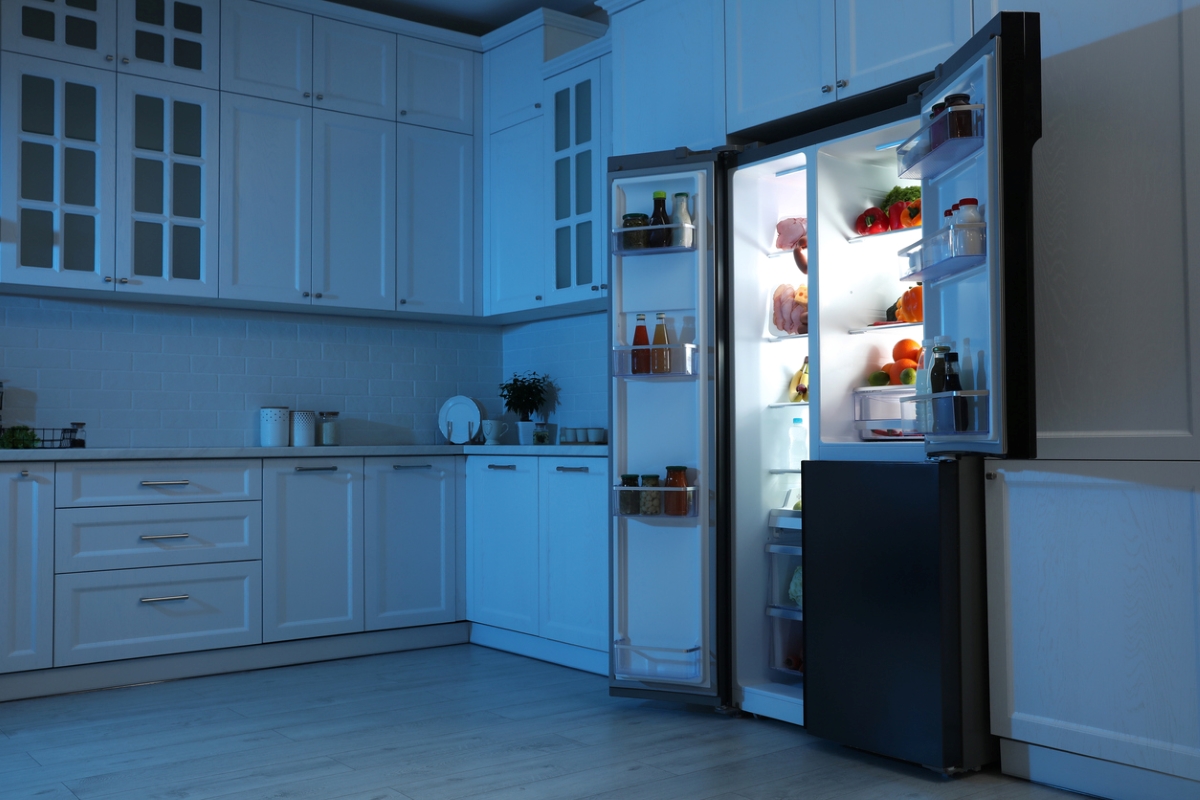
Leaving your refrigerator and freezer closed will help prevent cold air from escaping, and keep your food fresher for longer. Closed refrigerators can maintain proper temperatures for at least 4 hours, and a shut freezer might keep your food cold for up to 2 days. If it’s hot outside when the power goes out, consider wrapping these appliances in blankets to give them an extra layer of insulation.
RELATED: 16 Problems a Power Outage Can Cause at Home
6. Grill Indoors
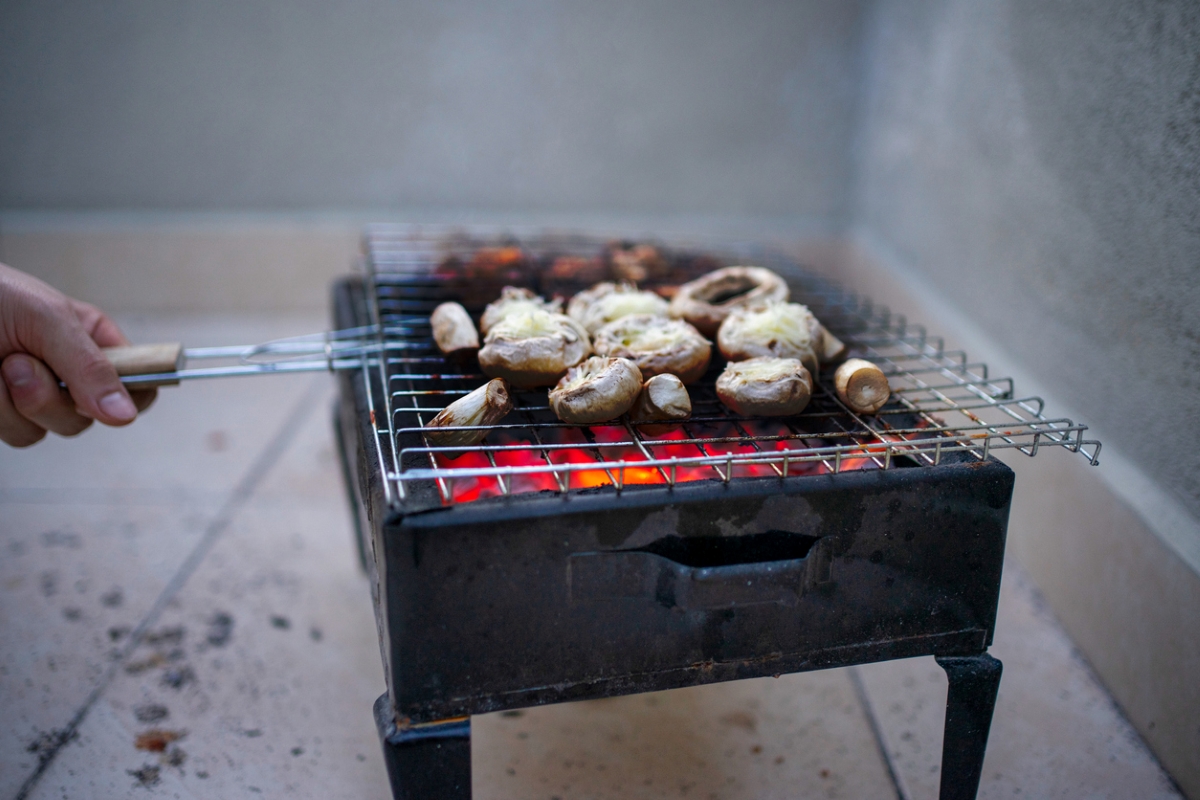
While you may be tempted to bring the grill inside during a winter power outage, forget it—this is a deadly idea. Gas and charcoal grills emit fumes that, if not fully ventilated, can lead to carbon monoxide poisoning.
7. Go Near Pooling Water
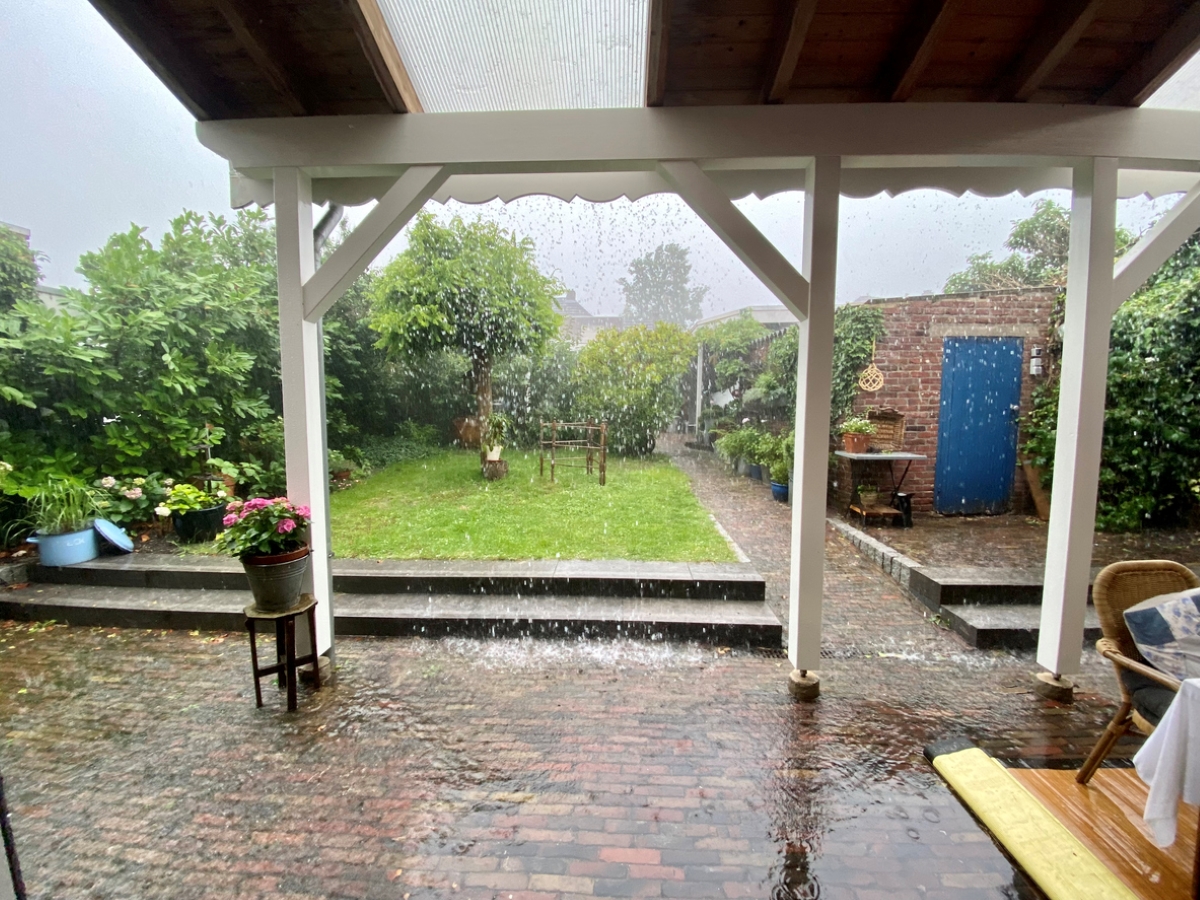
When hurricanes and storms cause power outages and there are pools of water on your property, stay indoors. The storm may have brought branches and power lines down in the downpour. Resist the urge to survey damage outdoors—don’t risk electrocution. Give authorized work crews the time and space they need to safely clear the area.
RELATED: My Basement Flooded…What I Wish We’d Have Known to Better Prepare, and What We Learned
8. Let Your Pipes Get Too Cold
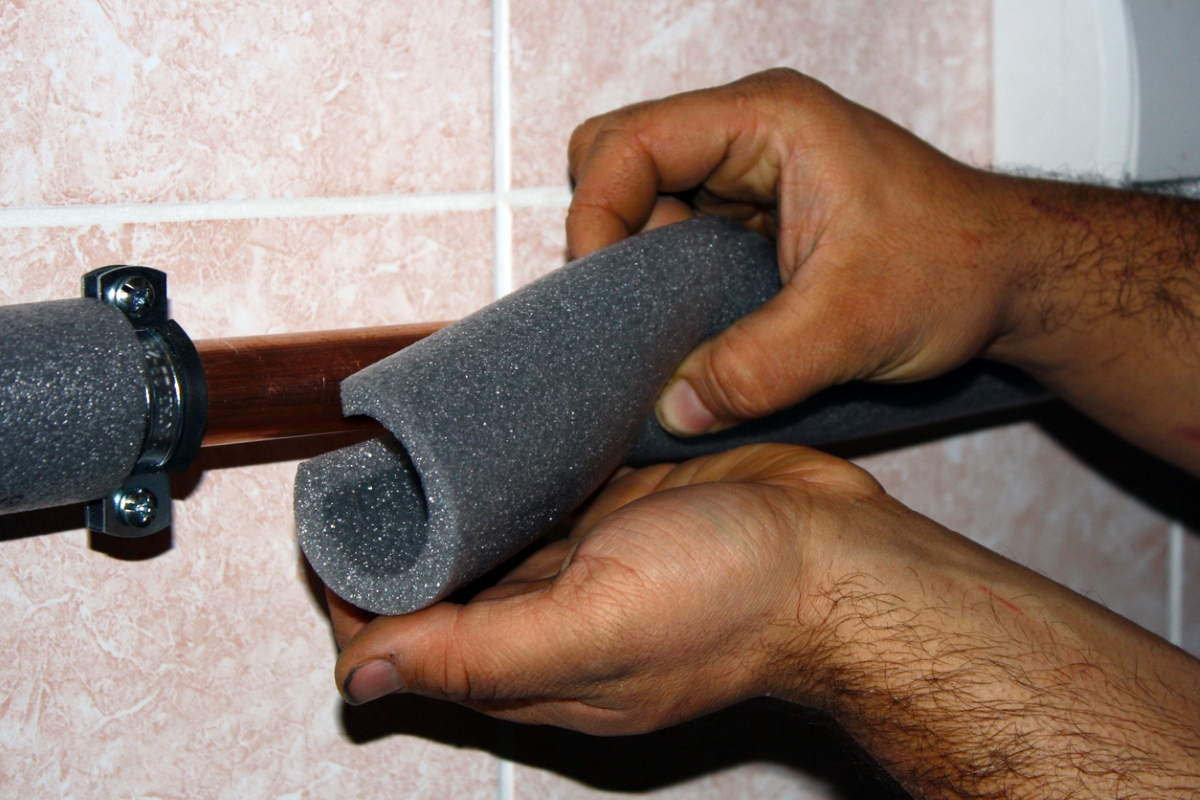
If you lose power in the winter, one of your primary concerns should be the risk of burst pipes. While pipes in recently updated homes are likely to be properly insulated, that may not be the case in older homes. If your home is older, check the basement, garage, and exterior plumbing for pipes that aren’t insulated. Wrap them with foam, old blankets, or towels. Regardless of how old your home is, it’s a good idea to keep a trickle of water running on all faucets to reduce the risk of frozen pipes.
RELATED: How to Keep Pipes From Freezing and Bursting
9. Allow the Temperature Indoors to Get too Hot (or Too Cold)
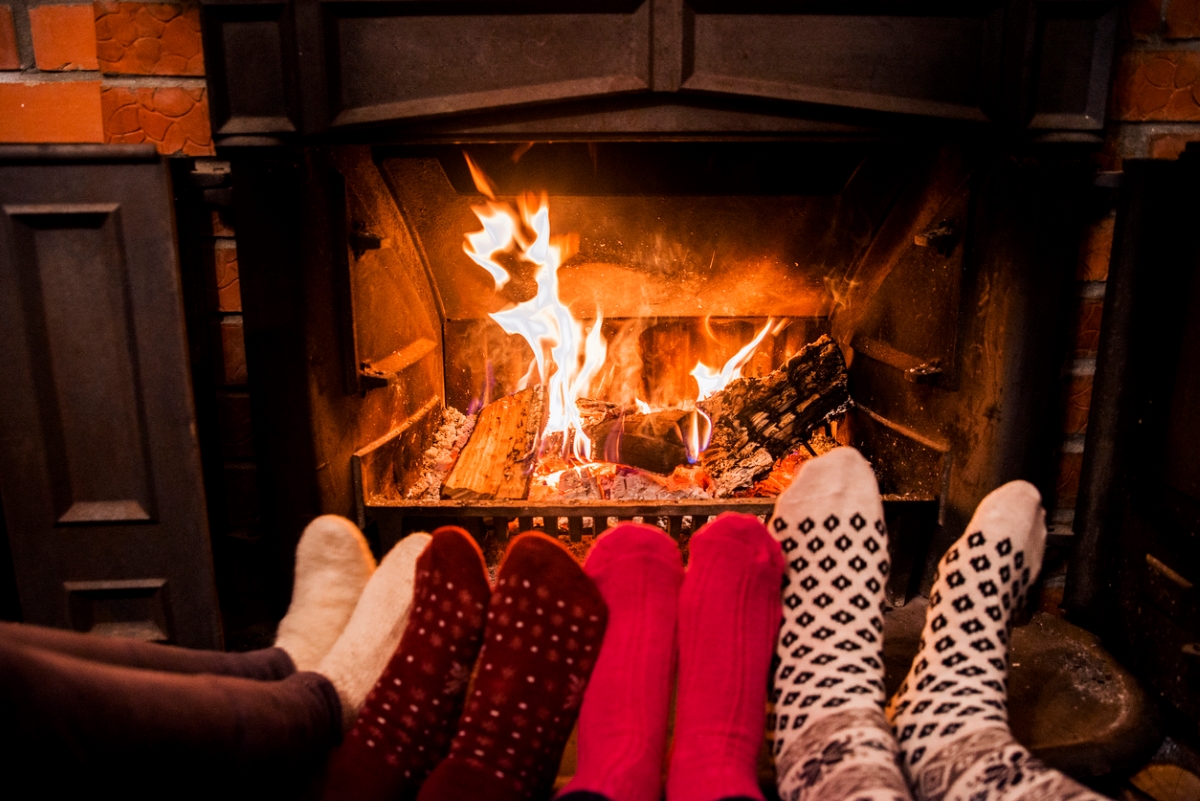
If it’s hot, dress in lightweight clothing, crack the windows, and close the blinds on south-facing windows. If it’s cold, bundle up, block leaky windows with blankets, and close doors to rooms you’re not using. After opening the damper, light a fire in the fireplace, if you have one. Never use a gas oven for heat: It can emit carbon monoxide and poison your family and your pets.
RELATED: 10 Tricks for Keeping Cool Without Air Conditioning
10. Use Well Water
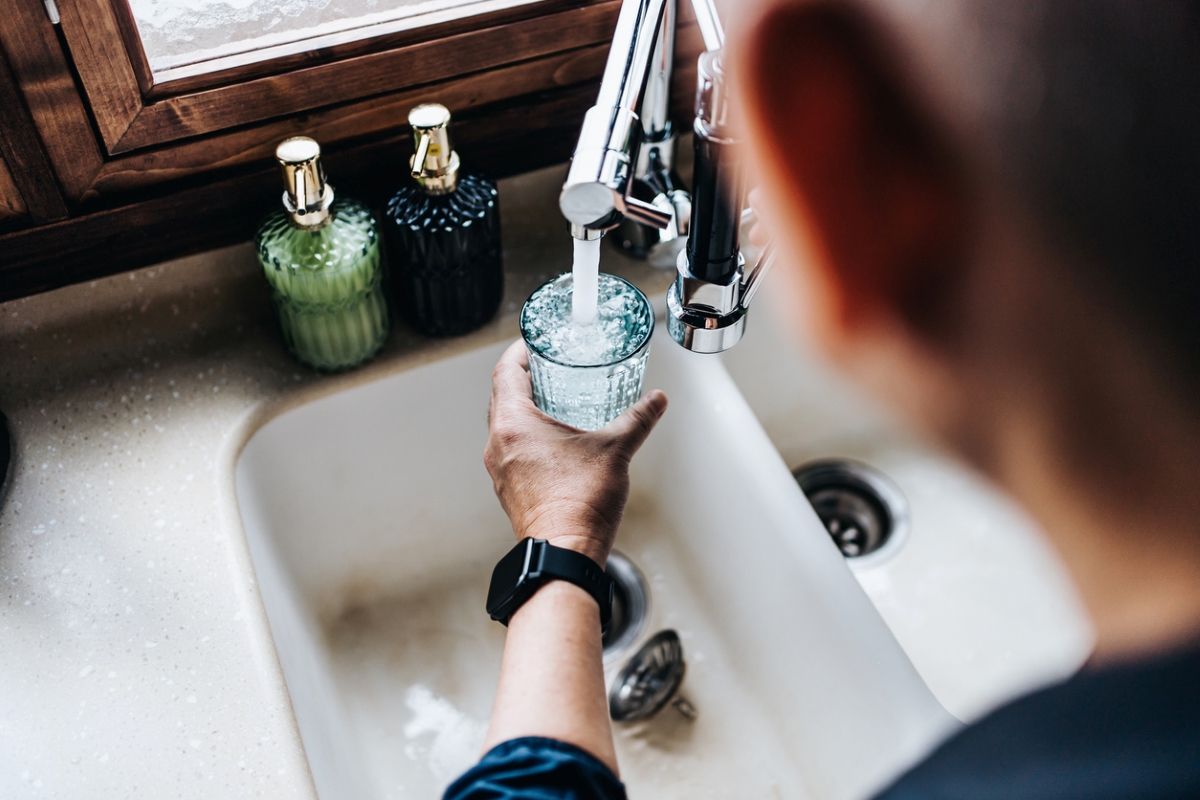
Most well pumps rely on electricity, so a power outage can render them useless. Even if you can retrieve some water from the faucets, it’s best not to use it since doing so can drain your reservoir. An empty reservoir will trigger the pump’s pressure switch, which will prevent your pump from working once the power is restored. If you have a backup generator that powers your well pump and any connected purification filters, however, you can still use your water during an outage.
RELATED: Well Testing and What it Means For Your Home’s Water Supply
11. Use Up Your Water Supply
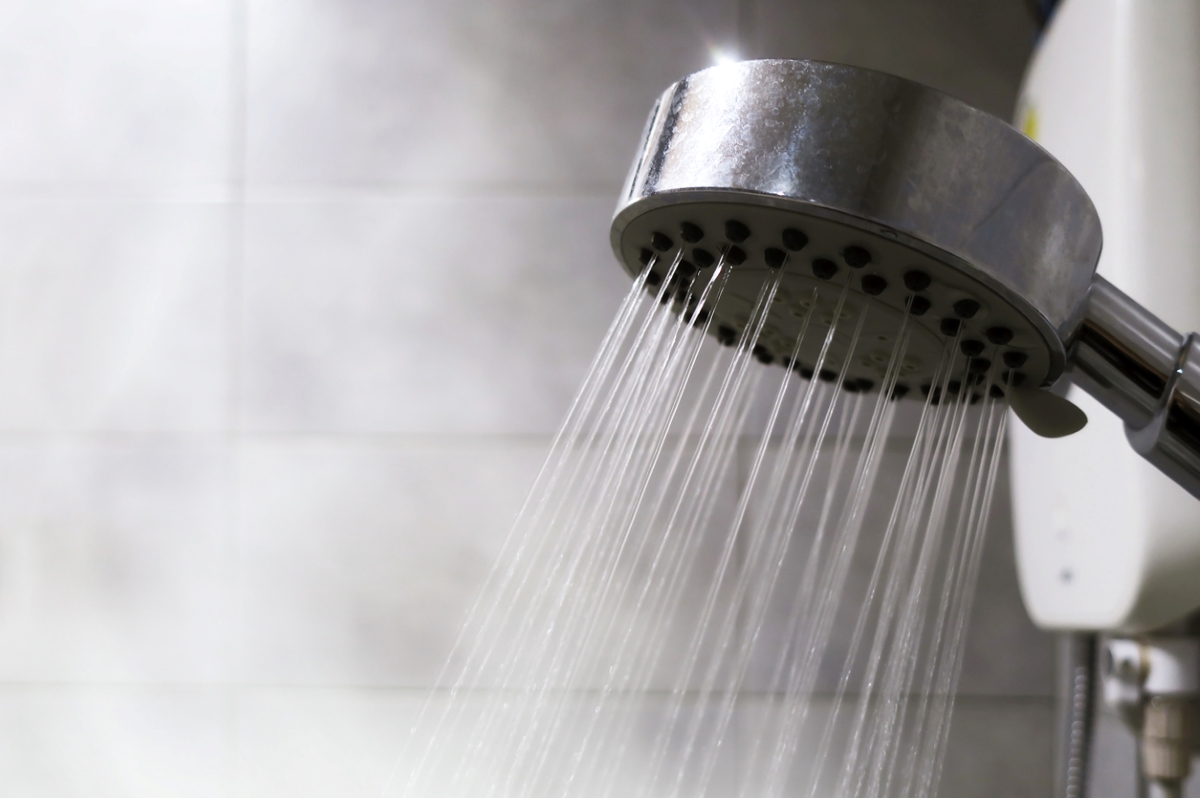
Unless you get water from a well, your home’s plumbing should work when the power is out. But your hot water tank can hold only so much, and some citywide systems use electricity to pump sewage from homes to the treatment plant, which can quickly get backed up. You’ll want to shower and flush sparingly until power is restored to keep everything running longer.
RELATED: Solved! What Causes Power Outages
12. Drain Your Batteries
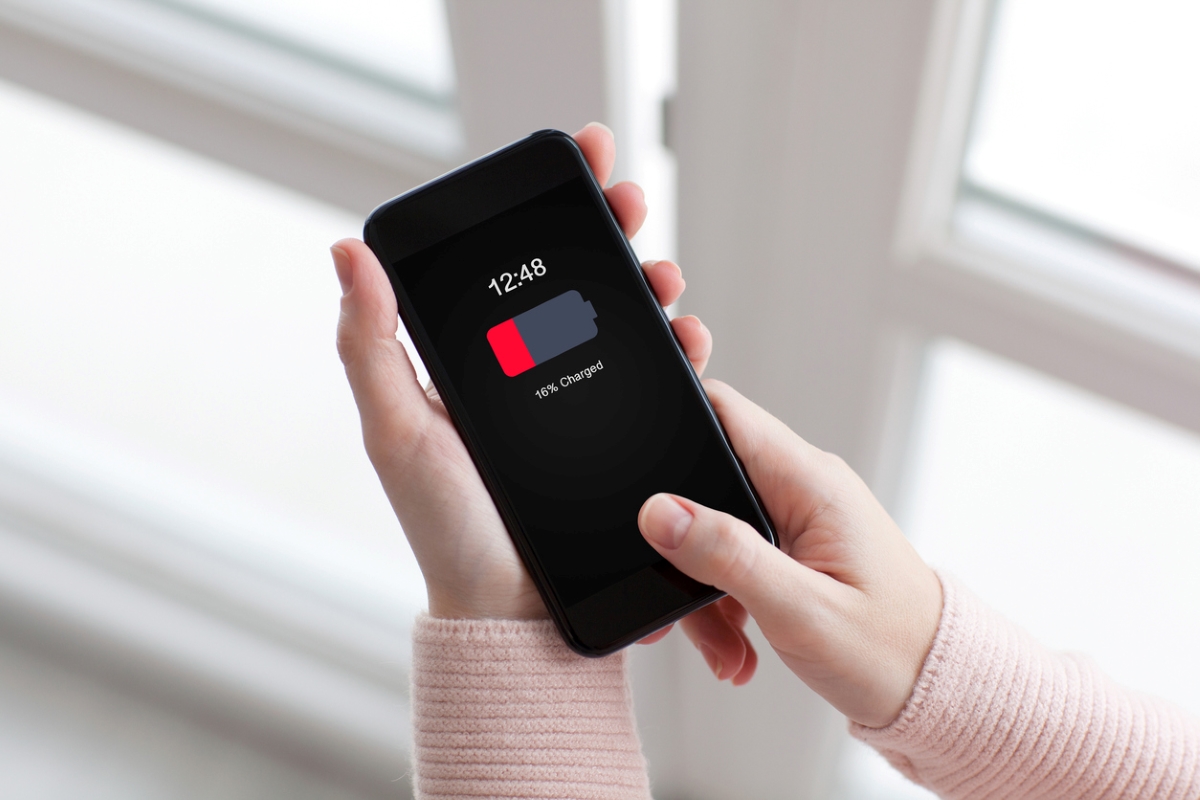
Tweeting about the power outage and playing games on your phone to kill time until the electricity comes back on will run your phone’s batteries down in a hurry. To preserve your battery, close apps you’re not using, minimize those that run in the background, then break out the real-life board games. It’s also a good idea to have some charged power banks on hand, which can charge your phone and other devices during an outage.
RELATED: The Best Solar Generators for at Home or On the Go, Tested
13. Run Generators Indoors

Portable generators that run on gasoline, propane, or diesel should never be used inside since they can release harmful levels of carbon monoxide, an odorless gas that is lethal. Portable generators are also fire hazards, with parts that can get really hot and potentially ignite flammable household items nearby. If you want a backup power supply you can use indoors, consider a portable power station.
RELATED: We’ve Tested 18 Power Stations, But We Like These 9 the Best
14. Not Put Your Coolers to Good Use
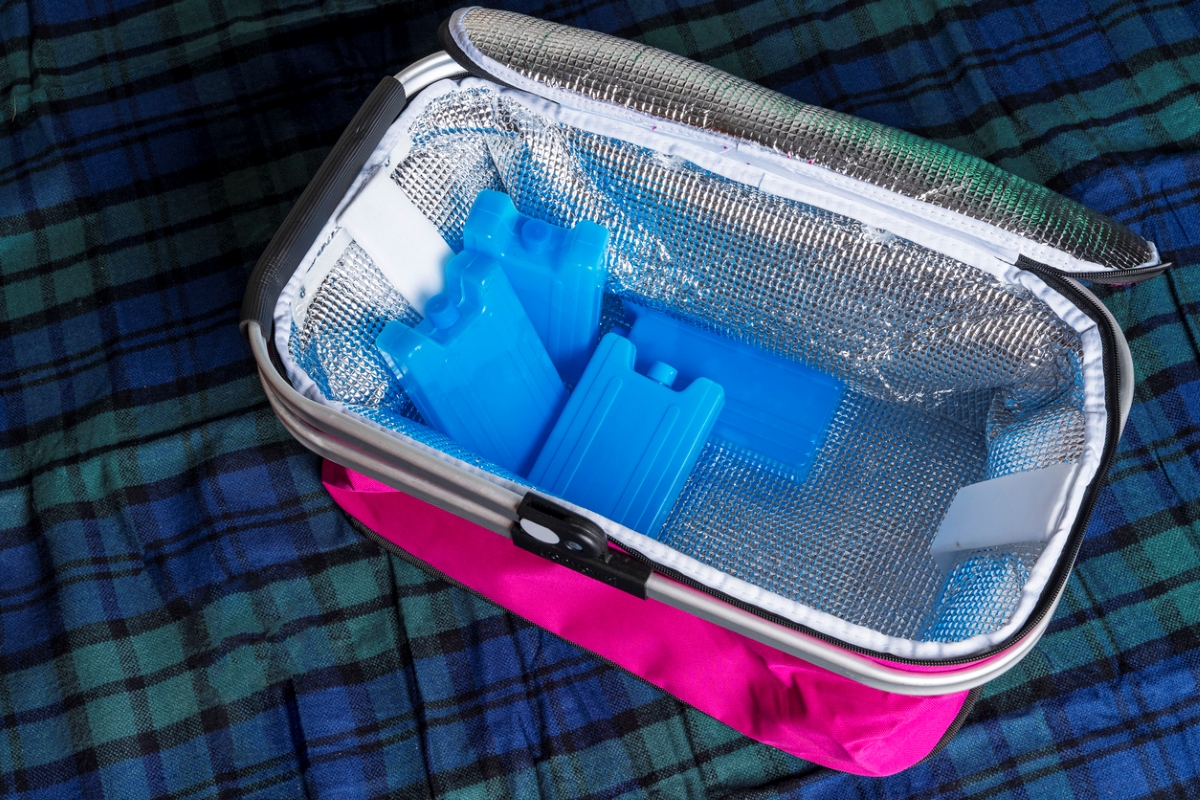
If your power is likely to be out for a while, remember that any coolers you have on hand can be used to temporarily store perishable items. In many cases, your freezer will still have ice that you can throw in the cooler; just make sure that you grab the ice and any perishable items quickly so you don’t release too much cool air from the freezer or refrigerator.
RELATED: 15 Clever Hacks to Help You Beat the Summer Heat
15. Neglect Your Safety Alarms
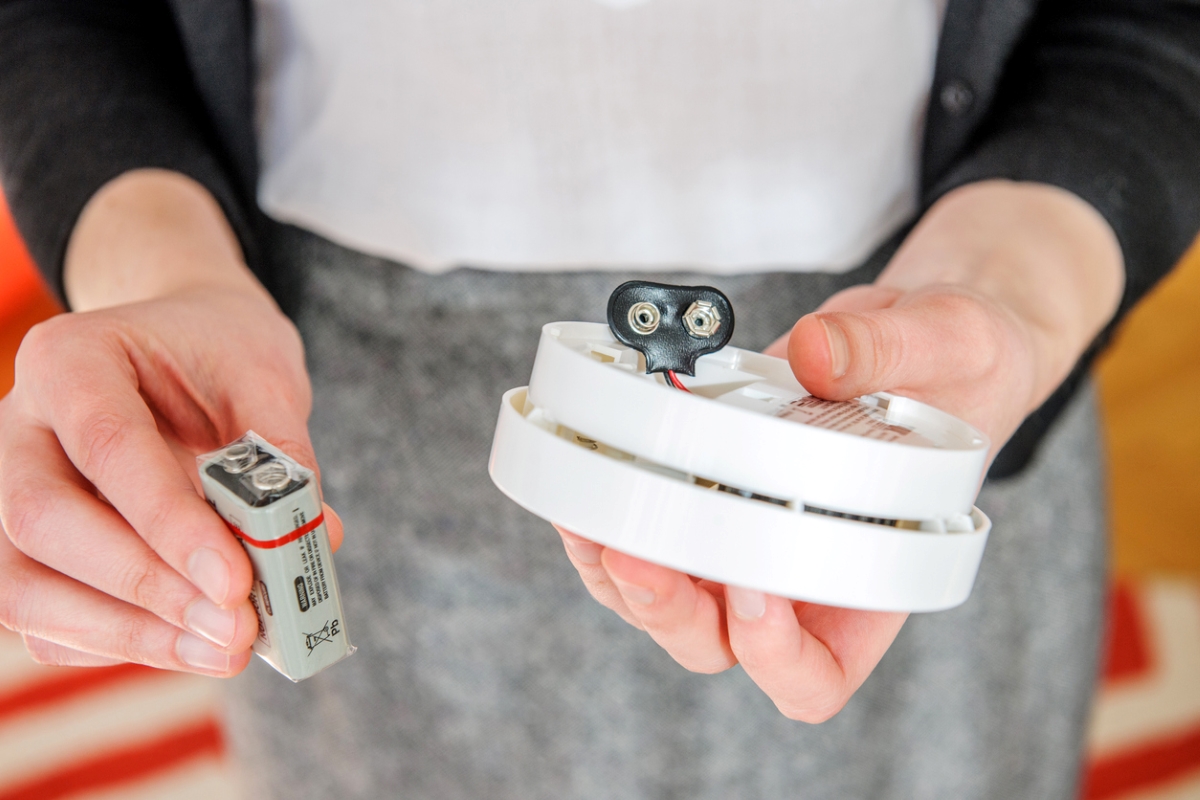
Many electric smoke and carbon monoxide detectors have backup batteries that kick in during a power outage. However, these batteries will only last so long. If your power has been out for an extended period or you’re not sure whether your alarms have adequate backup, it’s worth purchasing battery-operated versions to ensure your safety through the outage.
